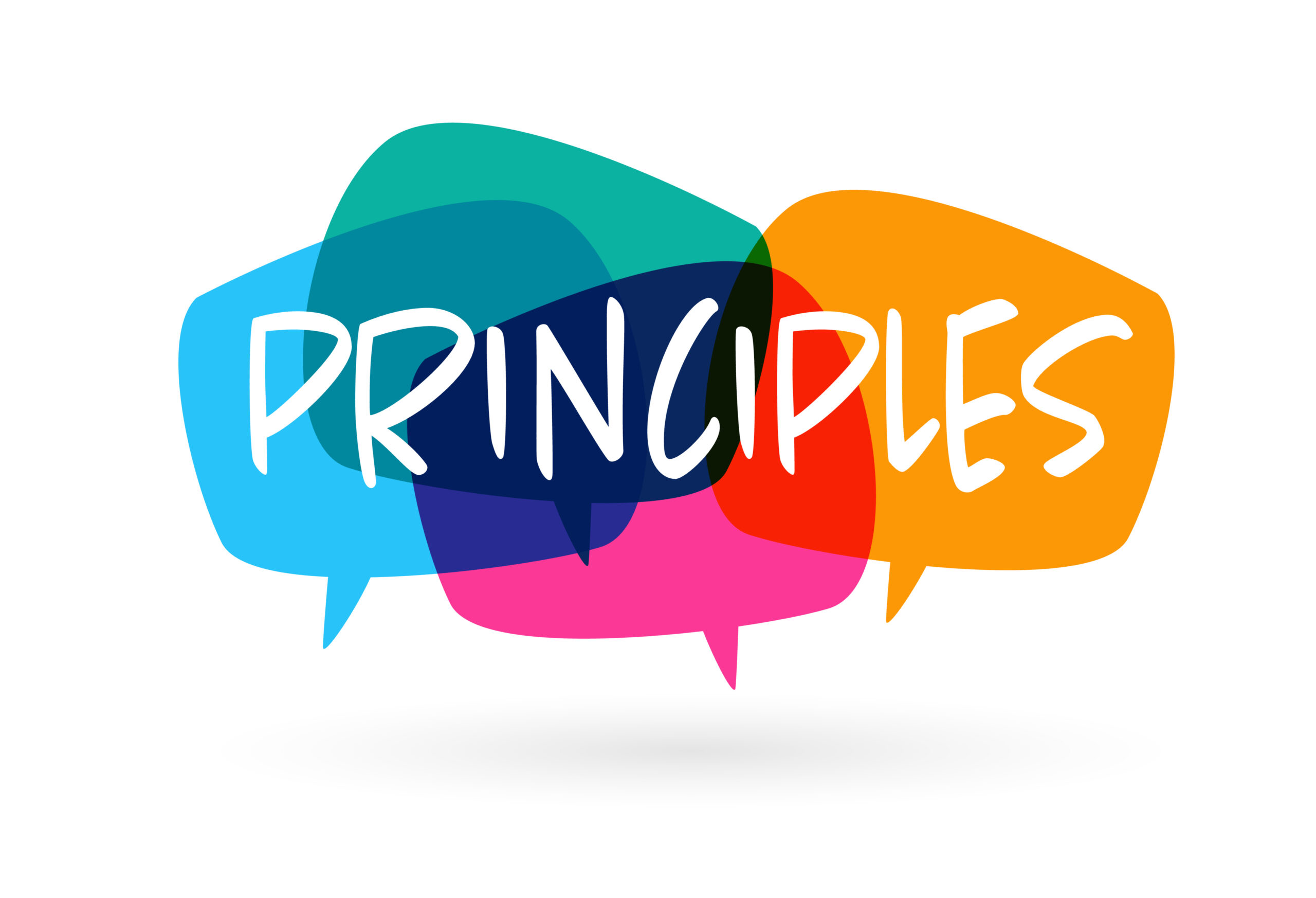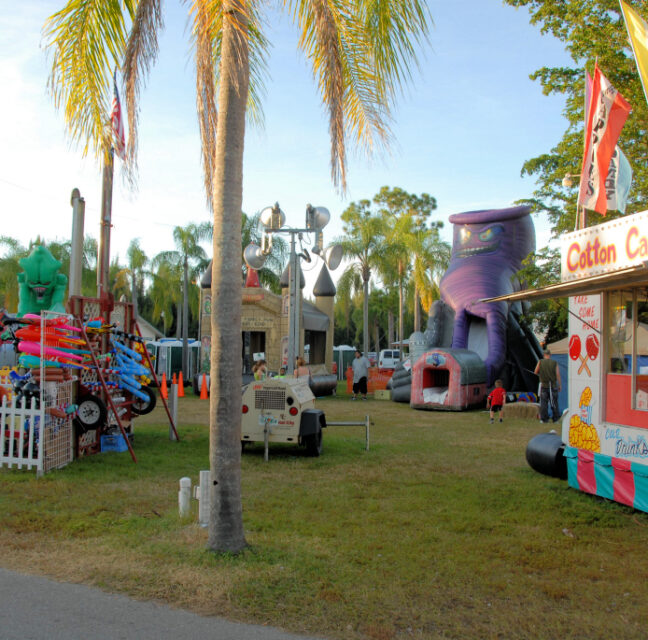
What you do to your landscape matters. From the vegetation you plant to the irrigation and fertilization schedule, an educated take on yard maintenance can save you time and money, plus make a positive impact on the environment.
According to the University of Florida Institute of Food and Agricultural Sciences, there are nine principles to follow to maintain a healthy and environmentally- friendly property.
Right plant right place – Not all plants thrive in direct Florida sunlight or overly moist conditions. Knowing where to plant flowers, shrubs and trees according to their preferred soil, light, water and climate conditions will be beneficial for you and your landscape. Native Florida plants generally require less maintenance than non-native plants, and they’re environmentally sustainable.
Water efficiently – Homeowners can work proactively this time of year by collecting rainfall in rain barrels to distribute to plants and turf in drier times of the year. Additionally, in the rainy season, turn off the automatic irrigation system to prevent overwatering.
Fertilize appropriately – Pay attention to your local fertilizer ordinance. In much of Southwest Florida, the use of fertilizers containing nitrogen or phosphorus is prohibited during the summer rainy season to prevent excess nutrients from entering local waterways. Instead, consider a homemade fertilizer such as compost. Keep in mind that many native Florida plants don’t need fertilizer to thrive.
Mulch – Mulch has a variety of benefits for your landscape. It retains moisture in the soil and moderates soil temperatures, plus it inhibits weed growth and gives landscapes a neat, uniform appearance.
Attract wildlife – Plants with seeds, fruit, flowers or berries can help support Florida wildlife by offering birds and other animals a place to shelter and feed. Landscaping that attracts butterflies can help with pollination, and beneficial insects can help reduce pests.
Manage yard pests responsibly – Using as few chemicals as possible is better for your family, pets, budget and the environment. If possible, remove infected leaves or plant parts instead of spraying insecticide. Try to spot-treat the areas of infected plants instead of blanket spraying them.
Recycle yard waste – Creating organic fertilizer doesn’t have to be overwhelming. Grass clippings, fallen leaves and plant cuttings release nutrients back into the soil as they decompose. This nutrient source is cheaper and just as effective as other fertilizer, but much better for the environment.
Reduce stormwater runoff – Stormwater runoff can negatively impact water quality by washing excess nutrients from fertilizers, pet waste, insecticides and more into local waterbodies. Reduce runoff on your property by capturing stormwater in rain barrels or redirecting it to porous areas such as flower beds or a rain garden.
Protect the waterfront – Establish a “lowmaintenance zone” by the water. Don’t mow, fertilize or spray pesticides in this area to help prevent unwanted chemicals from entering the water. Low-maintenance zones can also provide a home for birds and other wildlife.






